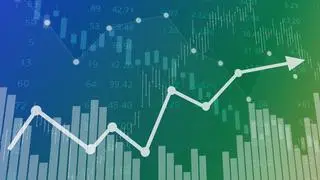Can you throw some light on the factors that affect the prices of metals such as aluminium, nickel and copper? What is the best way to track and trade these commodities?
Kalp Patel
China influences the prices of metals because of its voracious appetite for them. The country consumes about half the global production in metals. So, if you trade in metal contracts, you should closely track developments in China.
Any news or data pertaining to a sharp increase or decrease in demand in China’s construction, rail or infrastructure sector will have a big impact on price of metals. However, note that apart from China, news on other major producers cutting down production or increasing capacities will also influence the prices of metals. Events in the global economic market, such as developments in the US or the UK, also have a bearing on metal prices. For instance, when Donald Trump announced a huge spending plan to improve US infrastructure, prices of most metals, especially copper, moved up very sharply. Any clarity on his actual plans and their implementation, going forward, will again impact metals.
The only domestic factor to influence prices of metals traded in the futures platform on MCX is the movement in the Indian rupee. For more than a year, the Indian currency has stayed in a broad range and there has not been much intraday volatility either. But the impact of rupee cannot be completely ruled out and so do keep an eye on the rupee movement as well.
As, globally, metals are priced in dollars, for traders in the domestic market, exchange rate fluctuation is a key factor to track.
Coming to the second question, the best strategy to trade base metals is by following the London Metal Exchange (LME) prices. The domestic futures contracts of these base metals traded on the MCX move in tandem with the LME. In the case of copper, the COMEX futures contract can also be tracked to get a view on MCX prices.







Comments
Comments have to be in English, and in full sentences. They cannot be abusive or personal. Please abide by our community guidelines for posting your comments.
We have migrated to a new commenting platform. If you are already a registered user of TheHindu Businessline and logged in, you may continue to engage with our articles. If you do not have an account please register and login to post comments. Users can access their older comments by logging into their accounts on Vuukle.